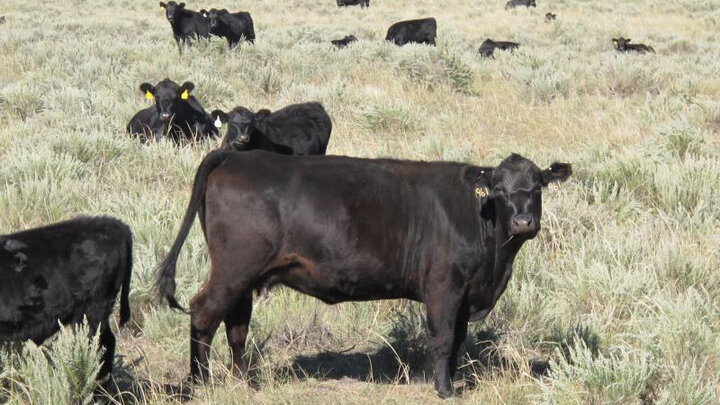The Midwest Theater will present a Nebraska Public Media screening of the NOVA documentary “Weathering the Future,” at 7 p.m. on Monday, July 17, at the theater in Scottsbluff.
The film by NOVA is part of the PBS science documentary series. It examines the dramatic ways in which our weather is changing. The U.S. is experiencing the full range of impacts from a changing global climate.
Agriculture is often seen as contributing more than its share to the climate crisis.
“Agriculture contributes a relatively small proportion of the total greenhouse gas emissions in the US,” said Mitchell Stephenson, Range Management Specialist at the University of Nebraska-Lincoln Panhandle Research, Extension, and Education Center.
According to the United Nations, fossil fuels, like coal, oil, and gas, are the largest contributors to global climate change. Stephenson said that agriculture in the United States has done a great job at improving its output and quality of the product while striving to lower its footprint.
Recently, the semi-arid climate in the Nebraska Panhandle has gone from 3 drought years to an extremely wet late spring/early summer in 2023. This has a big influence on management for crop and livestock systems. Stephenson said it comes down to being adaptable and flexible with our variable climate and weather patterns.
“Technologies, such as improving genetics of beef cattle, and better grazing management has allowed us to produce more beef on the same land area,” he said.
The film is free to the public and will be shown on July 17, at 7 p.m., followed by a panel discussion featuring Dr. Martha Durr, director of the Nebraska State Climate Office, and Dr. Mitchell Stephenson.




